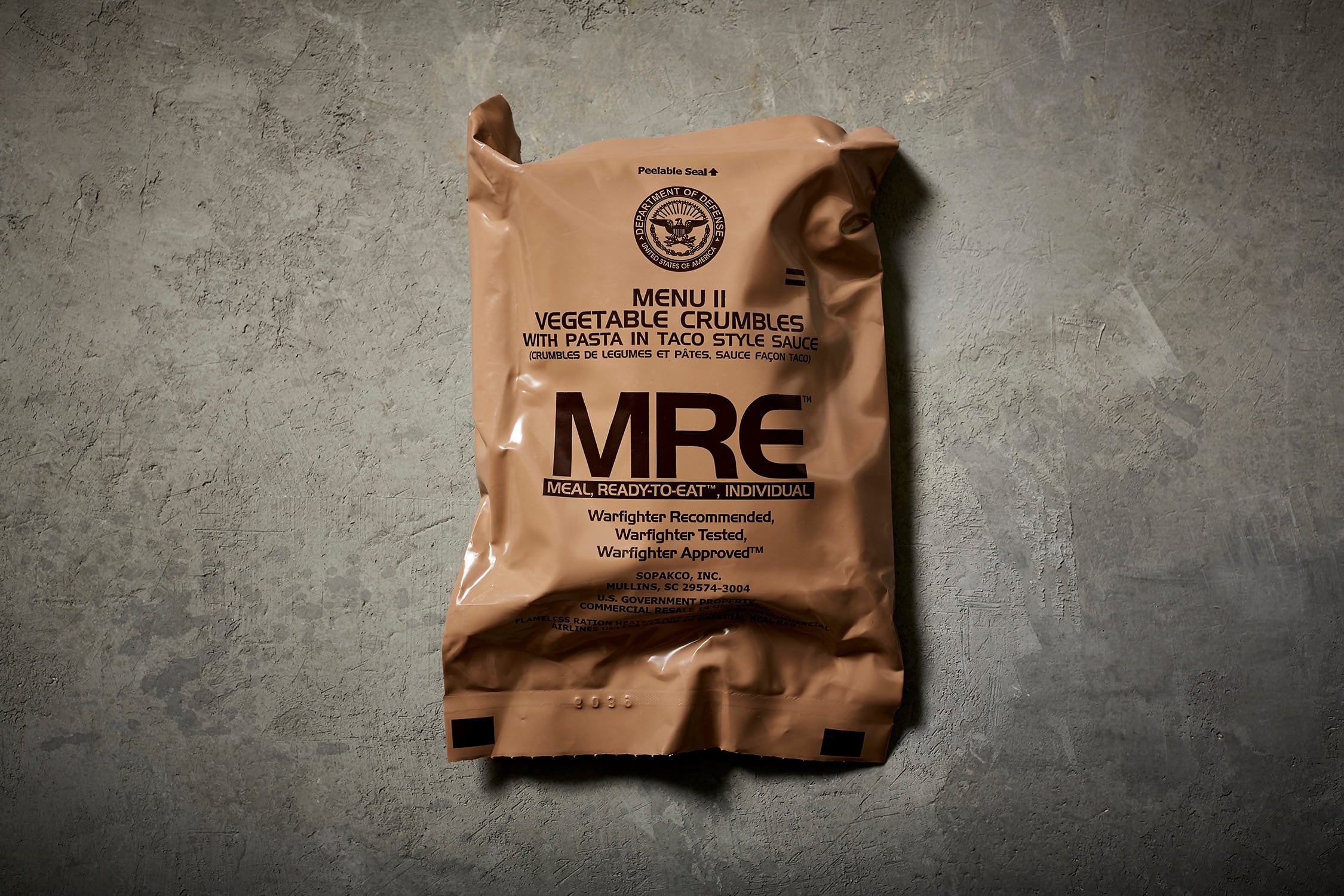A provision included in the House version of the 2025 National Defense Authorization Act is calling for the addition of a popular muscle-building supplement to the military’s traditional Meal, Ready-to-Eat rations.
The House Armed Services Committee called for the Pentagon to add creatine to MREs in a committee report accompanying the NDAA, sweeping legislation that Congress must pass annually to determine defense spending.
The gains-based recommendation will now await a Senate decision in order to become law.
“A broad body of clinical research has shown that creatine can enhance muscle growth, physical performance, strength training, post-exercise recovery, and injury prevention,” the body-broadening recommendation states.
Kyle Turk, director of government affairs for the Natural Products Association, called the supplement’s potential inclusion in MREs “tremendous for American service members.”
“Creatine is one of the most extensively studied ingredients for safely increasing strength and recovery time,” he told Military Times in an email. Turk consulted with the Armed Services Committee to help craft the language for the provision, he said.
Creatine is a naturally occurring compound that can be found in human muscles, as well as the brain, which the body uses for energy, according to The Mayo Clinic. Recent medical science also suggests the supplement allows at least 227 Instagram users per year to modify their handles to respective iterations of “firstname_fit.”
The Defense Department, meanwhile, has recently introduced other sources of nutrition to yield stronger service members. Performance readiness bars brimming with calcium and vitamin D — good for muscles and bones, OK for taste — are currently distributed throughout select military populations, according to the Defense Logistics Agency.
The Department of Defense Dietary Supplement Resource website outlined the benefits of creatine, saying it could have a “positive effect on strength, power, sprint performance, and muscle mass in athletes who engage in resistance training.”
Despite its swoledier-building properties, it may also cause unwanted weight gain in “those focused on endurance training,” the website noted.
Riley Ceder is a reporter at Military Times, where he covers breaking news, criminal justice, investigations, and cyber. He previously worked as an investigative practicum student at The Washington Post, where he contributed to the Abused by the Badge investigation.
J.D. Simkins is the executive editor of Military Times and Defense News, and a Marine Corps veteran of the Iraq War.
Tags:
NDAAcreatineMREHouse of Representatives2025 National Defense Authorization ActServicemember Quality of Life Improvement and National Defense Authorization ActIn Other News















